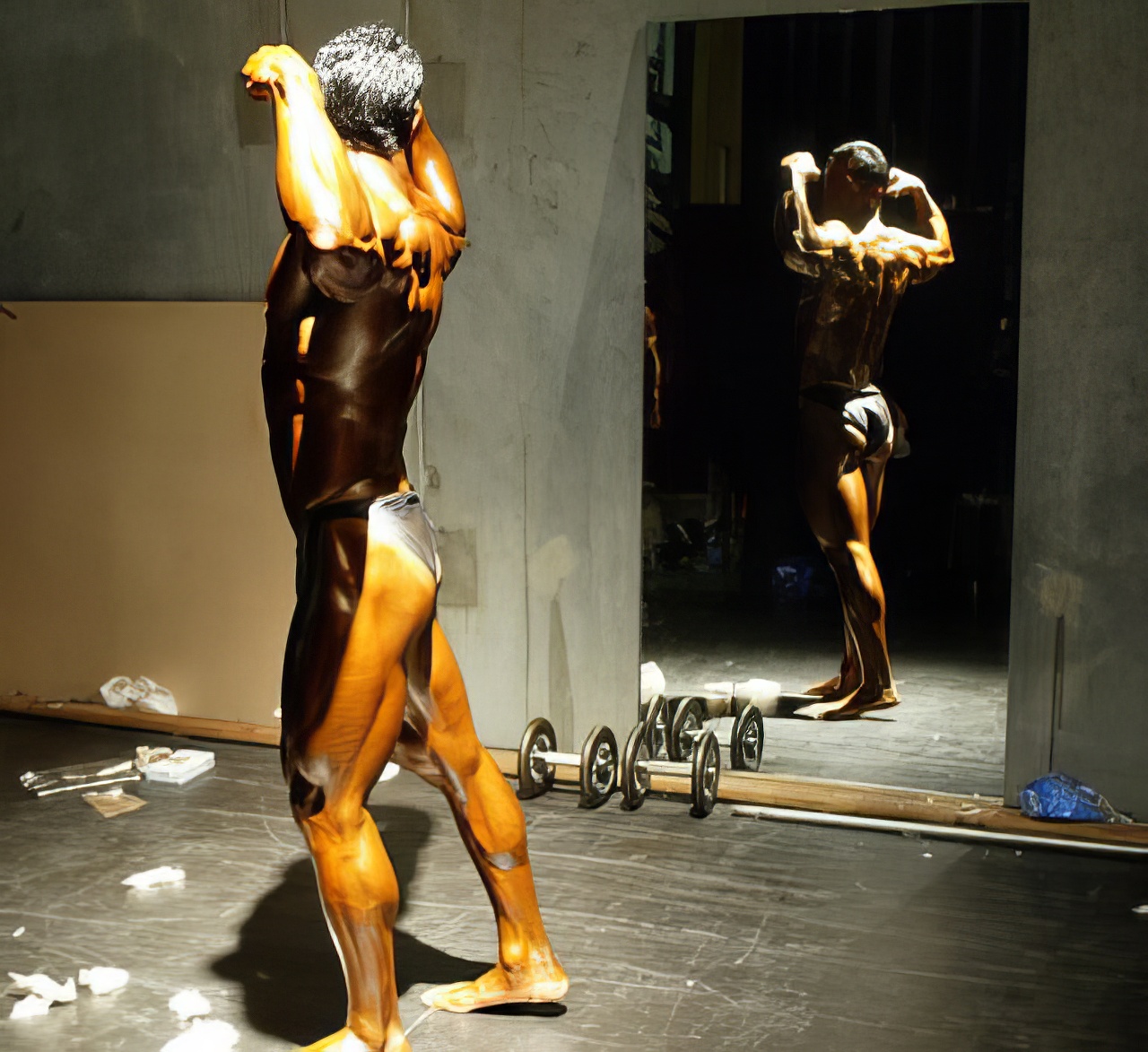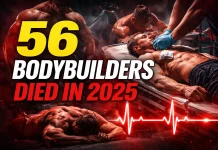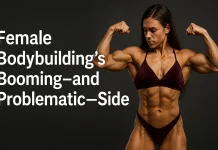Last Updated on January 27, 2024
Just like in the Disney version of the fairy tale “Snow White” when the wicked stepmother queen looks in her magic mirror and asks ‘Magic mirror on the wall, who is the fairest of them all?’ and the mirror replies, “My queen, you are the fairest of them all,’ such it is in bodybuilding. Bodybuilders are constantly seeking affirmation of the progress in their physical development by their reflection in the mirror. After all, the mirror never lies. Or does it?
It is easy in a sport like bodybuilding to get “big-headed” about how good you are. You are constantly evaluating your appearance in the mirror, and the guy or gal looking back at you looks pretty good, so you assume you are on the right track. Not necessarily. I can remember when we used to install special fluorescent light bulbs above the mirrors in health clubs that would make you look like you had a gorgeous tan in the mirror when, in reality, you looked like Casper the Ghost, so, mirrors can be deceiving. You are also receiving positive affirmations from family and friends about how great you look all the time. Based on this positive feedback – visual and otherwise – you train hard for months to compete in a contest, only to have your dreams dashed by reality when, expecting to blow everyone else off the stage, you don’t even place. Why?
According to, Zlatan Krizan, associate professor of psychology at Iowa State University in Ames, IA, it is a natural reaction to think that you are better than you really are. One reason is that so much of your feedback is gratuitous and from untrained eyes. It’s easier for close friends and family – even your buddies at the gym – to tell you how great you look instead of being honest and hurting your feelings. The mirror often lies too because, of course, it is not objective. The only image you see is yourself – through your eyes – with nothing to compare yourself to.
“This is one reason why we have barriers to self-insight, because oftentimes, even if we get feedback, it’s not accurate,” says Krizan. “As a society we make the wrong trade-off by thinking that boosting self-esteem is going to boost performance and that rarely happens. That empty praise of telling someone they’re great, or pretending there are not…differences when there are, can really become a problem.”
Krizan, together with Professor Ethan Zell of the University of North Carolina – Greensboro, conducted a meta-synthesis of existing research to see how self-insight translates into actual ability. The two researchers pooled together large sets of data that examined correlations between actual abilities and beliefs about those abilities for more than 330,000 individuals – a large study by any measure. Their study was published in the journal Perspectives on Psychological Science and found that people have better self-insight of specific skills or tasks with a defined measurement. But, that self-insight can be more challenging with less precisely-defined self-evaluations such as athletic ability because athletes focus (in bodybuilding, for example) on their good points rather than their weaknesses.
“Your expectations going into a performance will influence your experience,” Krizan says. “Students (athletes) will get their exams (contest results) back and say, ‘but I felt so good after the test (contest).’ Well, if you don’t understand the material (what you SHOULD look like) it’s hard for you to gauge whether you’re giving right or wrong answers (presentations) on a test (stage).”
Best advice? Seek the unbiased eyes of people outside your circle of family and close friends – people who have experience in the sport as athletes or coaches – to critique you for a reality check. They will be honest with you and not pull any punches. You may or may not like what you hear, but it’s better than relying solely on your own self-perception because the mirror can sometimes be a terrible liar.






